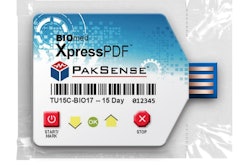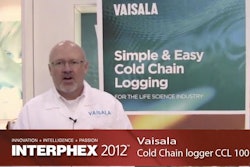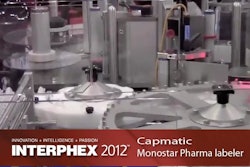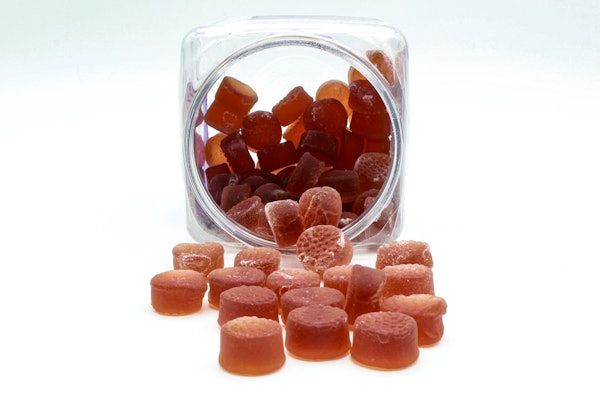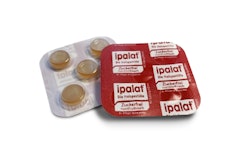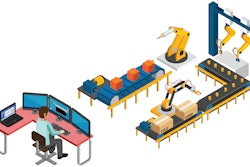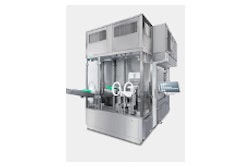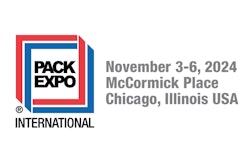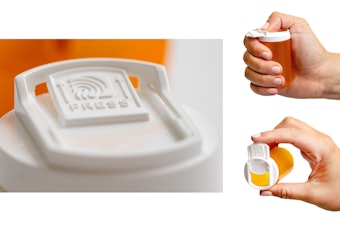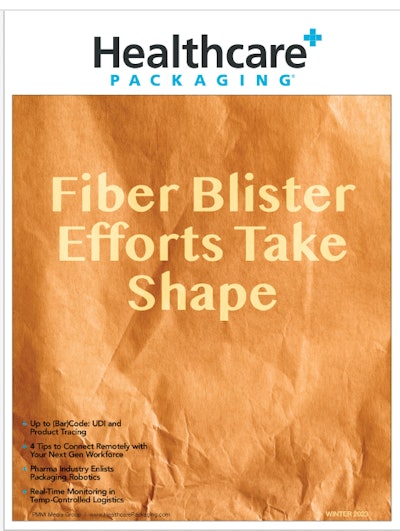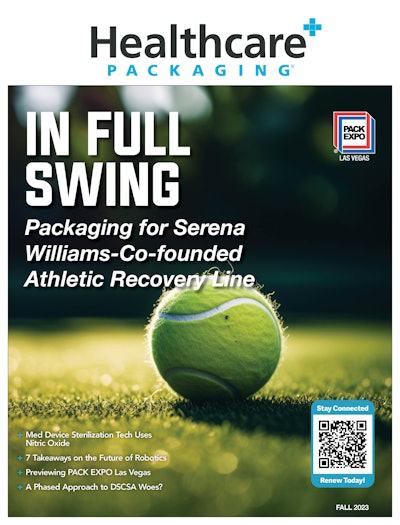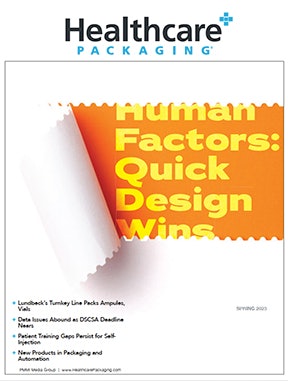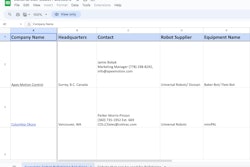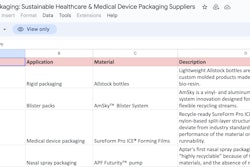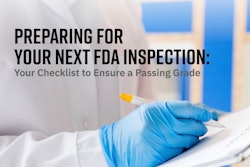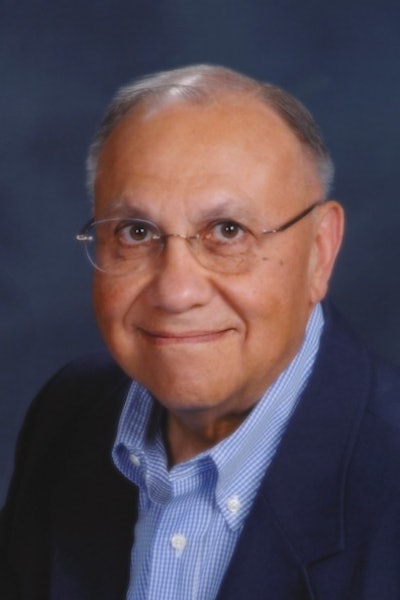
Healthcare Packaging (HCP): Tell us about Packaging Science Resources?
Ed Smith: Packaging Science Resources, LLC was started in 1999 following the loss of my job with an international packaging company. I had been an active member of the Parenteral Drug Assn. and the leader of PDA's Packaging Science Interest Group, so I had many contacts in the pharmaceutical, biotech, and packaging industries. That, along with the skills gained from 20-plus years in pharmaceutical packaging and 10 years as a college professor, led me to the consulting profession.
In 2002, one of my clients, Wyeth Pharmaceuticals, asked me to join them on a full-time basis to assist with the shipping of one of their temperature-sensitive vaccines. So I mothballed my consulting business and worked with Wyeth for six years until I retired in 2008. I then restarted my consulting business concentrating on assisting clients with parenteral packaging issues...particularly with managing extractables and leachables studies. Today I have clients in the U.S., Canada, Israel, and China. Clients are mostly pharmaceutical and biotech companies, with some medical device and combination product companies.
HCP: For years, we've heard about the potential loss of knowledgeable and skilled packaging pros as seasoned veterans near or reach retirement age. How serious is this issue and what's the best way to tap into the knowledge of experts before they retire?
Smith: One way is to at least delay full-time retirement for as long possible. Why should anyone retire if they are healthy and happy with their profession? Of course we realize that with company mergers, retirement packages, incentives, and the like, "seasoned veterans" will leave their current corporate positions. The opportunity to continue to share their knowledge and experience exists with opportunities such as new full-time positions with small companies such as start-ups that need specific skills to be utilized immediately, [as well as] consulting, teaching, and participation in pharmaceutical industry conferences.
HCP: What are the limitations or weaknesses in the skill sets of workers entering the packaging field? How could those skills be improved so they can "hit the ground running?"
Smith: Learning is a lifetime activity and most of what we will learn in our professional life will be from experience. Colleges and universities should and do provide some of that experience-4 to 10 years out of our typical 40-year professions careers. But since technology is changing so rapidly, there is no way to gain that experience in a university alone. In my experience, current graduates are very bright and universities seem to be on track in preparing young men and women for their careers by teaching the fundamentals of their professions and, most importantly, by teaching them how to learn. University programs that include industrial internships produce graduates that are most able to "hit the ground running" in new jobs since they already have experience and knowledge of important corporate skills such as teamwork and communication. I am sorry to learn that some companies, due to current economic issues, have reduced the numbers of interns that they accept. The pharmaceutical industry must partner with universities in the training of future employees, not just be the receiver of graduates.
HCP: With more packaging equipment equipped with advanced controls and automation, it would make more sense that younger people growing up with more sophisticated technology would have an advantage understanding how to make packaging equipment work more efficiently. Please address that issue.
Smith: I agree. Current graduates are more skilled in electronics and automation. They have grown up with automation and expect it. There are two elements of good control and automation: "what" to control and automate and "how." Recent graduates have more knowledge of the "how," but need experience to determine the "what." The other issue is validation of equipment, a subject in which most recent graduates are not sufficiently knowledgeable.
HCP: What are the unique training/educational issues for packaging pros in the pharmaceutical/medical device/life sciences as opposed to packaging pros in food, beverage, electronics, or other industries?
Smith: Each industry has its own unique practices that reflect its customer requirements and regulations, so the training/educational issues are each unique. Certainly cGMPs [current Good Manufacturing Practices] and other regulations have a significant impact on the day-to-day work of packaging professionals in pharmaceutical-related businesses. Universities do well in preparing the pharmaceutical packaging professional in the technical aspects of packaging, but cGMPs are usually taught on the job or in industry courses.
HCP: How do current packaging pros best keep pace with the challenges brought about by all the advances in medical science, such as combination products, biologics, etc?
Smith: In addition to keeping up with the literature via journals, books, magazines, literature from suppliers and manufacturers, attendance at industry meetings, and courses, I believe that participation in industry task forces or similar groups is the single-best way to keep current. These groups expose professionals to the best (and worst!) ideas in use by their industry peers. Participants benefit not only themselves but also their company; belonging to a task force is one of the most efficient training methods for both the employee and employer. For me, the opportunities offered by the PDA have been invaluable in developing my career. There are similar groups that will suit individuals with different interests.
Ed Smith: Packaging Science Resources, LLC was started in 1999 following the loss of my job with an international packaging company. I had been an active member of the Parenteral Drug Assn. and the leader of PDA's Packaging Science Interest Group, so I had many contacts in the pharmaceutical, biotech, and packaging industries. That, along with the skills gained from 20-plus years in pharmaceutical packaging and 10 years as a college professor, led me to the consulting profession.
In 2002, one of my clients, Wyeth Pharmaceuticals, asked me to join them on a full-time basis to assist with the shipping of one of their temperature-sensitive vaccines. So I mothballed my consulting business and worked with Wyeth for six years until I retired in 2008. I then restarted my consulting business concentrating on assisting clients with parenteral packaging issues...particularly with managing extractables and leachables studies. Today I have clients in the U.S., Canada, Israel, and China. Clients are mostly pharmaceutical and biotech companies, with some medical device and combination product companies.
HCP: For years, we've heard about the potential loss of knowledgeable and skilled packaging pros as seasoned veterans near or reach retirement age. How serious is this issue and what's the best way to tap into the knowledge of experts before they retire?
Smith: One way is to at least delay full-time retirement for as long possible. Why should anyone retire if they are healthy and happy with their profession? Of course we realize that with company mergers, retirement packages, incentives, and the like, "seasoned veterans" will leave their current corporate positions. The opportunity to continue to share their knowledge and experience exists with opportunities such as new full-time positions with small companies such as start-ups that need specific skills to be utilized immediately, [as well as] consulting, teaching, and participation in pharmaceutical industry conferences.
HCP: What are the limitations or weaknesses in the skill sets of workers entering the packaging field? How could those skills be improved so they can "hit the ground running?"
Smith: Learning is a lifetime activity and most of what we will learn in our professional life will be from experience. Colleges and universities should and do provide some of that experience-4 to 10 years out of our typical 40-year professions careers. But since technology is changing so rapidly, there is no way to gain that experience in a university alone. In my experience, current graduates are very bright and universities seem to be on track in preparing young men and women for their careers by teaching the fundamentals of their professions and, most importantly, by teaching them how to learn. University programs that include industrial internships produce graduates that are most able to "hit the ground running" in new jobs since they already have experience and knowledge of important corporate skills such as teamwork and communication. I am sorry to learn that some companies, due to current economic issues, have reduced the numbers of interns that they accept. The pharmaceutical industry must partner with universities in the training of future employees, not just be the receiver of graduates.
HCP: With more packaging equipment equipped with advanced controls and automation, it would make more sense that younger people growing up with more sophisticated technology would have an advantage understanding how to make packaging equipment work more efficiently. Please address that issue.
Smith: I agree. Current graduates are more skilled in electronics and automation. They have grown up with automation and expect it. There are two elements of good control and automation: "what" to control and automate and "how." Recent graduates have more knowledge of the "how," but need experience to determine the "what." The other issue is validation of equipment, a subject in which most recent graduates are not sufficiently knowledgeable.
HCP: What are the unique training/educational issues for packaging pros in the pharmaceutical/medical device/life sciences as opposed to packaging pros in food, beverage, electronics, or other industries?
Smith: Each industry has its own unique practices that reflect its customer requirements and regulations, so the training/educational issues are each unique. Certainly cGMPs [current Good Manufacturing Practices] and other regulations have a significant impact on the day-to-day work of packaging professionals in pharmaceutical-related businesses. Universities do well in preparing the pharmaceutical packaging professional in the technical aspects of packaging, but cGMPs are usually taught on the job or in industry courses.
HCP: How do current packaging pros best keep pace with the challenges brought about by all the advances in medical science, such as combination products, biologics, etc?
Smith: In addition to keeping up with the literature via journals, books, magazines, literature from suppliers and manufacturers, attendance at industry meetings, and courses, I believe that participation in industry task forces or similar groups is the single-best way to keep current. These groups expose professionals to the best (and worst!) ideas in use by their industry peers. Participants benefit not only themselves but also their company; belonging to a task force is one of the most efficient training methods for both the employee and employer. For me, the opportunities offered by the PDA have been invaluable in developing my career. There are similar groups that will suit individuals with different interests.

